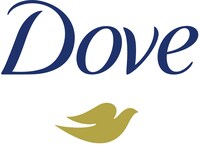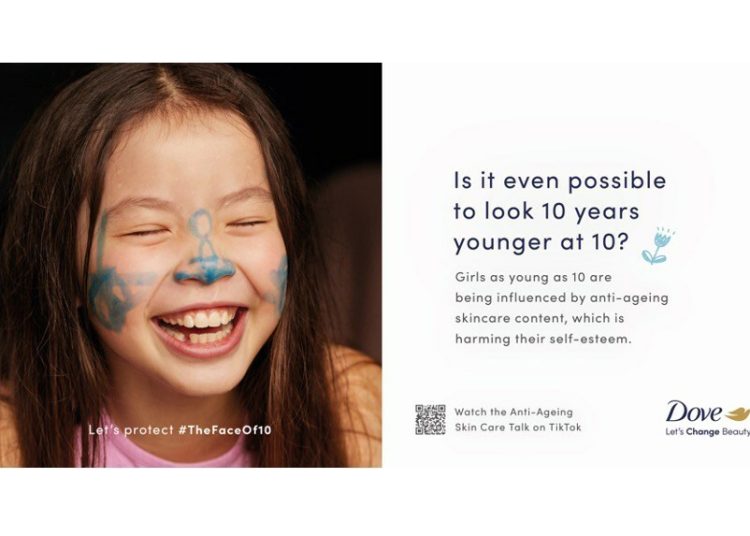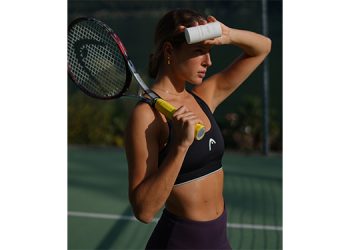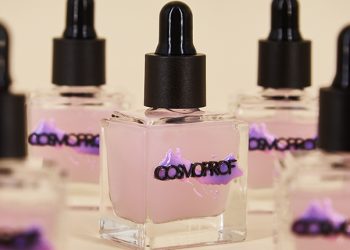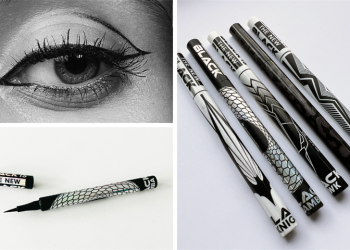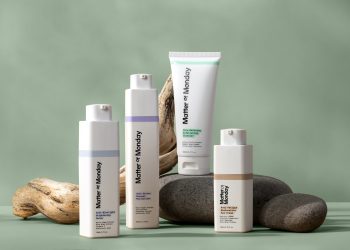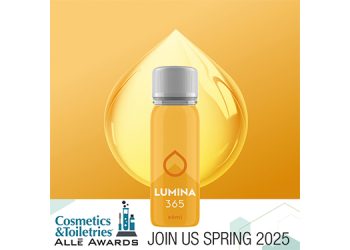The trend toward adult targeted anti-ageing skincare breeds premature appearance anxiety in young girls, which can negatively impact their self-esteem – now and in the future. Nearly 1 in 2 young girls (10-17 years-old) expect to worry more about their appearance as they age, and 1 in 3 young girls are expected to have cosmetic work or plastic surgery to alter their appearance as they age.
“If young girls feel pressure to use skincare products containing highly active anti-ageing ingredients, it could be damaging to their body confidence and self-esteem in the long term, not to mention their skin health. Today, girls are exposed to adult skincare content online and pressures to look a certain way at a very young age, to the extent that they’re adding products designed for adults to their wish lists and skincare regimens, without understanding the possible consequences for their physical and mental health. All of this contributes to a toxic culture of unrealistic beauty standards and pressures.” explains Dr Phillippa Diedrichs, PhD, Professor of Psychology and leading body image expert.
Dove believes a 10-year old’s face should be a canvas for care-free fun, not anti-ageing products. As a consequence of societal pressures, young girls are glorifying the latest in anti-ageing skincare trends. Without guidance on what is age-appropriate for young skin, young girls will continue to misuse and glorify adult targeted anti-ageing products before they’ve even grown up.
“When did 10-year-olds start worrying about wrinkles and getting older? It is time to speak up to highlight the absurdity and protect their self-esteem,” says Firdaous El Honsali, Global Vice President, Dove. “At Dove, we believe beauty should be a source of happiness, not anxiety. For two decades, we have taken action to build confidence and self-esteem for millions of girls. Today, our girls are anti-ageing before they’ve even started to grow up and need us more than ever.“
Dove, alongside Dr Phillippa Diedrichs, Research Psychologist at the Centre of Appearance Research at the University of West England and body image expert certified dermatologist Dr.Marisa Garshick have created:The Gen A Anti-Ageing Talk‘ a free resource on how to talk to young people about anti-ageing and beauty anxiety.
‘The Gen A Anti-Ageing Talk’ will be pinned to Dove’s TikTok channel for all parents and caregivers. Check it out here.
Dove, together with powerful TikTok voices (academic experts, dermatologists, creators, body confidence advocates and more), aims to highlight the absurdity of the issue and raise awareness of it through thumb-stopping creative content featuring impactful, decorated faces representing #TheFaceofTen, and what it should be covered with – more glitter, stickers, and face paint – not retinol and inappropriate anti-aging skincare ingredients and products.
Together, let’s celebrate kids at 10 and allow them to enjoy life without the pressure of adult beauty concerns. Only together can we protect young girls’ self-esteem from adult beauty anxiety. Let’s change beauty.
Dove Research
Online survey conducted by Edelman DXI (Data x Intelligence), a global, multidisciplinary research, analytics, and data consultancy, in November / December 2023. This 25-minute survey was completed in 20 countries: Argentina, Australia, Belgium, Brazil, Canada, China, France, Germany, India, Indonesia, Italy, KSA, Mexico, the Netherlands, the Philippines, South Africa, Sweden, Türkiye, the USA, and the UK.
Researchers spoke with more than 33,000 respondents: 19,306 respondents aged between 18 to 64 years old (14,673 women, 3,776 men*) and 14,292 respondents aged 10 to 17 years old (9,475 girls, 4,753 boys*).
15 experts ranging from academic experts to consultants on body image and activists in the field were consulted on the research questions and outputs, and we ensured the survey was representative of various subgroups e.g. people with larger bodies, disabilities, mental health conditions, LGBTQ+ people and people of colour.
All interviews were conducted in local languages and dialects, with only appropriate questions asked in each market and the methodology was consistent with the level of national online penetration required to avoid sampling bias.
*Note: Other gender identities and non-binary respondents were surveyed but are not reported due to the limited sample sizes.
